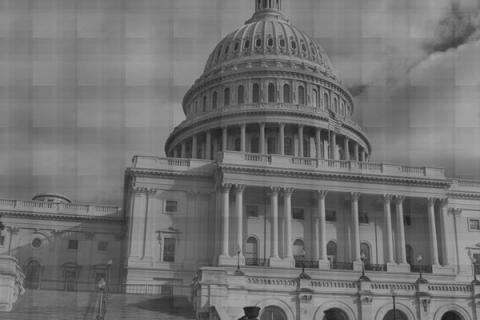The judge handed down a ruling on the ballot description for the Open Primary initiative today.
The ruling comes after an appalling abuse of the political process (and taxpayer dollars) whereby opponents of California’s Open Primary tried to sneak a lawsuit past the “Yes on 14” team by suing the Secretary of State over the description of California’s June’s primary ballot. In has since been discovered that powerful legislators, understandably against the open primary, worked with California’s Legislative Counsel Diane F. Boyer-Vine to orchestrate the sneak attack.
Their goal was to to quietly sue the Secretary of State. Thereby, the Legislative Counsel (whose duties are to defend the laws passed by the legislature) would simply agree to a more unfavorable description of what the Open Primary purports to do. The only obvious conclusion is that the Legislative Counsel was taking orders not on behalf of the Legislature, but on behalf of the powerful partisans within the Legislature who are threatened by the prospect of Open Primaries.
Oh the Irony!
After learning about the lawsuit from a blog of all places, the “Yes on 14” folks were able to intervene as an interested party to the suit and make their case before the judge. Today, the judge handed down a revised ballot description and legal experts are calling the new summary better for the Yes on 14 folks, proving the old adage "be careful what you ask for."
But Steve Peace, co-chairman of CAIVN and former legislator is not laughing at Proposition 14 opponents, "This is a serious institutional problem for the Legislature. The conduct of the Legislative Counsel has been reprehensible. She has compromise not only the integrity of the Legislature, but its power. This is not a good day for public policy in California despite the fact that the sneaky deal Legislative Counsel and Open Primary opponents tried to pull off was slapped down by the court."
Here’s a look at the original language:
ELECTIONS. PRIMARIES. GREATER PARTICIPATION IN ELECTIONS. Reforms the primary election process for congressional, statewide, and legislative races. Allows all voters to choose any candidate regardless of the candidate’s or voter’s political party preference. Ensures that the two candidates receiving the greatest number of votes will appear on the general election ballot regardless of party preference.
Fiscal Impact: No significant net change in state and local government costs to administer elections.
And here is the new language:
ELECTIONS. INCREASES RIGHT TO PARTICIPATE IN PRIMARY ELECTIONS. Reforms the primary election process for congressional, statewide, and legislative races. Allows all voters to choose any candidate regardless of the candidate’s or voter’s political party preference. Ensures that the two candidates receiving the greatest number of votes will appear on the general election ballot regardless of party preference.
Fiscal Impact: The data are insufficient to identify the amount of any increase or decrease in costs to administer elections.
